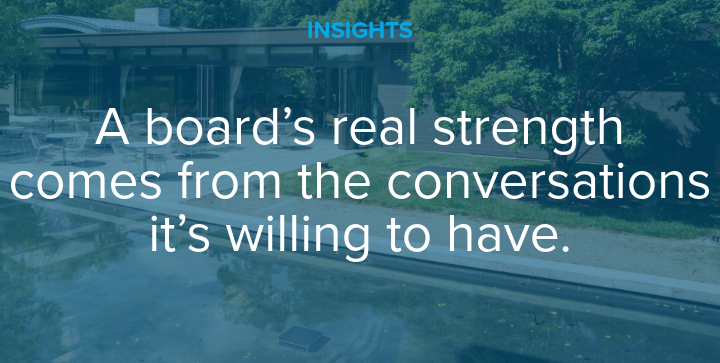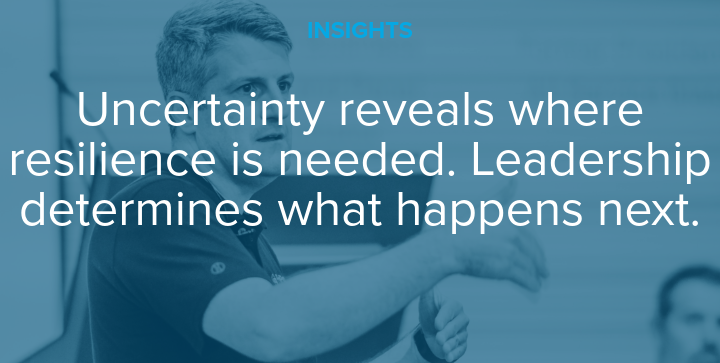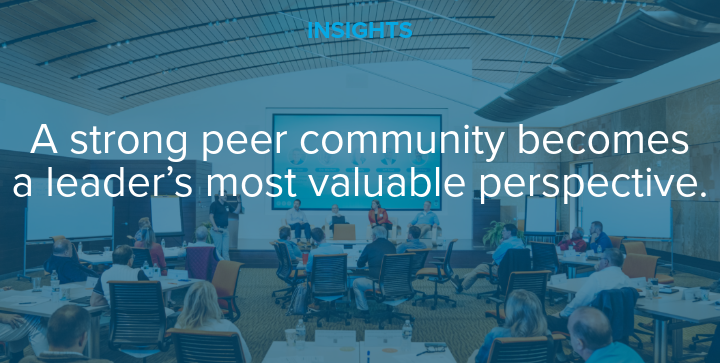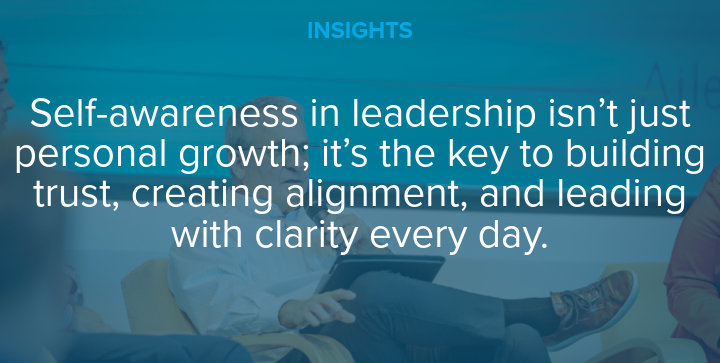
When Silence Slows Growth
When leadership of a long-standing family business passed to the next generation, everything looked ready for success. The company had a strong reputation, loyal people, and a board of trusted advisors who had supported the business for decades.
But something was off. The energy in board meetings had shifted. Conversations were polite but shallow. People avoided disagreement to keep things comfortable. Decisions began to take longer, and progress slowed.
This is a pattern we see often. The people around the table care deeply, but they have never paused to ask what the board’s role needs to be now. What worked years ago may not serve the organization today.
A high performing board is not a group that meets to review reports. It is a partner in leadership. It helps you see what you cannot see on your own and gives you the courage to face what you might be avoiding. That kind of partnership begins with conversation, real conversation that invites honesty, curiosity, and accountability.
When a board stops talking about what truly matters, it stops growing right alongside the business.
1. The Conversation About Purpose
Every board should revisit a simple but important question: why are we here?
It may sound obvious, yet purpose is one of the first things to blur over time. Without clarity, a board can easily drift. Some step too far into daily management. Others stay so far back that they stop adding value altogether.
Boards that function well together take time to align around a few key questions:
- What unique value do we bring to this organization?
- How will we measure our success as a board?
- Which decisions belong to leadership, and which belong here?
When a board defines its purpose, everything else becomes easier. Discussion gets sharper. Expectations become clearer. People show up differently.
At Aileron, we often start with what we call Competency, one of the 5Cs of a high performing board. Once you know your purpose, you can look around the table and ask, “Do we have the skills and perspectives we need to fulfill it?”
Sometimes that reflection opens the door to adding new voices. Sometimes it surfaces the need for change. Both are signs of progress.
2. The Conversation About Performance
High performing boards also hold a mirror up to themselves. They ask not only how the business is performing, but how they are performing as a board.
This is where many boards grow quiet. It can feel uncomfortable to evaluate your own effectiveness, especially among peers or friends. But that reflection is what separates a functional board from a thriving one.
The best boards regularly check in on the 5Cs:
- Competency: Do we have the right expertise to help the business where it is now?
- Chemistry: Do we trust one another enough to be candid?
- Commitment: Are we prepared and present when we show up?
- Communication: Are we clear about priorities and expectations?
- Collaboration: Are we working as a team, or just individuals giving advice?
These questions spark honest dialogue. They create awareness. And awareness is the first step toward change.
Great boards do not meet to agree; they meet to learn. They stretch thinking. They make space for new perspectives and new questions. That is what drives growth for both leaders and the organization.
3. The Conversation About the Future
Every board spends time reviewing results. Fewer make time to talk about what comes next.
A high performing board knows its job is not to predict the future but to prepare for it. These boards carve out time to explore what is coming, even when the answers are uncertain.
They ask questions like:
- What risks or opportunities are just beginning to emerge?
- What assumptions about our market might no longer be true?
- What forces outside our control could reshape how we operate or grow?
When boards have these kinds of conversations, they move from oversight to partnership. They help leaders look beyond the immediate horizon and consider what it will take to thrive in the next chapter.
The best boards do not wait for change to happen. They help create it.
The Cost of Avoiding These Conversations
It can feel easier to avoid tough conversations, especially when people care about one another. Most boards that struggle are not avoiding the work; they are avoiding discomfort.
But silence has a cost. When conversations become too cautious, decision-making slows. Trust fades. Alignment disappears. Over time, the board’s impact weakens.
A high performing board is built on curiosity and courage. Conversations about purpose, performance, and the future are not just part of the agenda; they are the foundation of real governance.
When a board learns how to have those conversations openly and consistently, it becomes more than a group of advisors. It becomes a force for clarity and confidence that helps both leaders and the business grow.
Ready to strengthen the conversations around your board table?
Join us for Leading a High Performing Board, a hands-on session where you will learn how to create clarity, build trust, and have the conversations that turn a board into a true strategic advantage.




